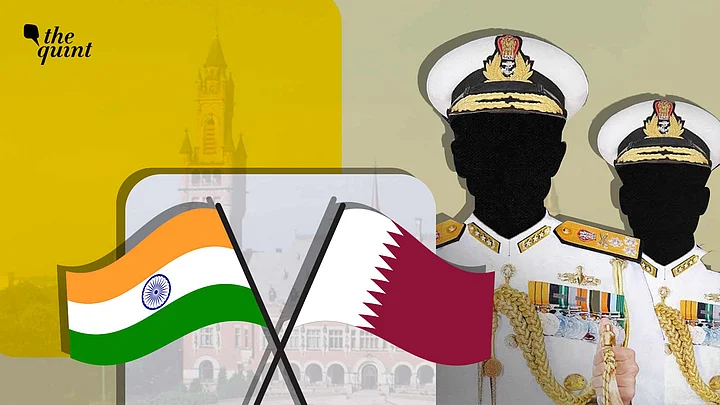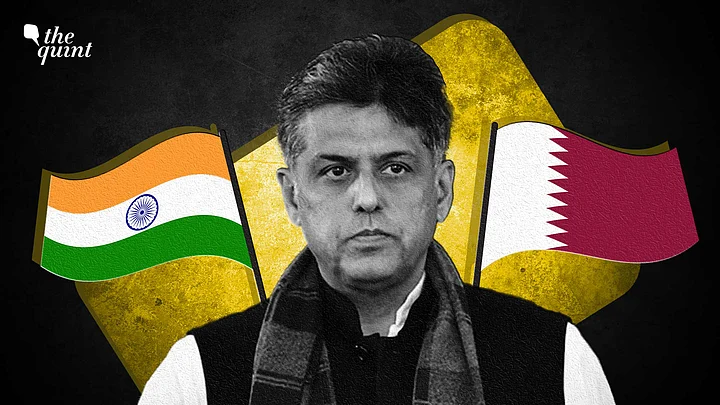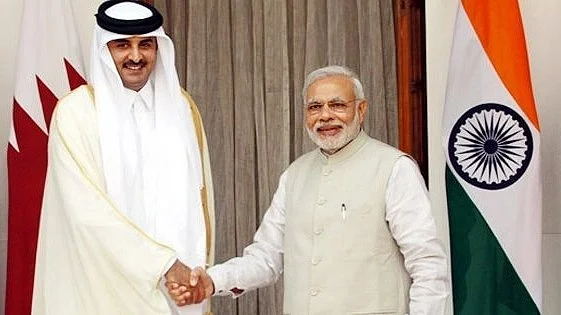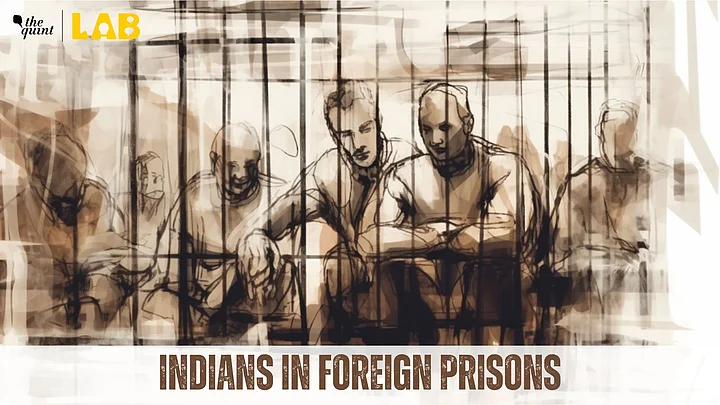India-Qatar relations have been strained ever since a Qatari Court of First Instance sentenced eight Indian nationals to death on charges of espionage. The fact that these individuals were formerly members of the Indian Navy has made the case one of high priority for the Indian government.
In the week following the breaking of this news, much has been written about the legal and diplomatic options available to the Indian government – including both domestic (in the Qatari legal system) and international.
Also in the news is the consular access that the Indian government requested on several occasions for these eight individuals. Consular access essentially means that the country of nationality of the foreign prisoners (India, in the case of the prisoners in Qatar) is given the opportunity to communicate with the prisoners, check on their welfare, arrange for their legal representation, etc.
An international treaty, the Vienna Convention on Consular Relations (specifically Article 36), requires the grant of consular access and governs the related procedures. It appears that Qatar has granted consular access on all relevant occasions.
Can India Take Recourse to ICJ?
In the international context, several commentators have discussed recourse to the International Court of Justice (ICJ or the Court). The ICJ is an international judicial body, seated in The Hague in Netherlands. It is the principal judicial organ of the United Nations. However, that does not mean that the Court can hear any and all disputes between two members of the UN.
The ICJ has its own statute that regulates its jurisdiction, who can approach the Court as well as when and how. The statute also regulates how the Court functions.
This piece attempts to break down the necessary requirements to approach this Court to initiate a dispute. In this way, I proceed to analyse the feasibility of seeking recourse at the ICJ in this specific instance. Two preliminary questions merit close examination. First, the issue of access to the Court, and second, the question of the Court’s jurisdiction.
Automatic Access for UN Members
Only States (countries) have access to the Court as specified in Article 34 of the statute of the ICJ. That is, the Court can hear a dispute only if all parties to that dispute are States. States that are members of the United Nations (UN) have automatic access to the Court, while non-UN members need to meet some additional criteria.
Therefore, it is India that may approach the Court against Qatar and not any of the sentenced individuals or their families or even any NGO.
Since Qatar and India are both members of the United Nations, the ICJ is open to both these States under Article 35 of its statute. While the sentenced individuals themselves have no access to the ICJ, India can certainly raise claims in respect of them.
A State may raise claims in respect of private citizens in two ways on the international plane: Firstly, by claiming a violation of the State’s own rights, like the right to consular access (as done in the Kulbhushan Jadhav case). Secondly, by espousing the claims of the State’s nationals. This is called the right of 'diplomatic protection’, and a number of States have done this in the past before the ICJ.
The Role of the Vienna Convention
Now that we know that India and Qatar both have access to the Court, we proceed to ascertaining if there is a jurisdictional link to the ICJ for this particular dispute. The ICJ can have jurisdiction over a dispute in a number of ways.
Sometimes, there are international treaties that provide for settling disputes arising out of that treaty before the ICJ. There do not seem to be any relevant existing treaties (that is, those whose terms would govern a situation such as the one under discussion), between India and Qatar (or a multilateral treaty to which they are both parties) that provide for dispute settlement at the ICJ.
Since consular access is a relevant issue in this situation (although it seems that India has been given consular access at all relevant times), we may look to the Vienna Convention on Consular Relations (VCCR) to initiate a dispute.
Both Qatar and India are parties to the VCCR. To be able to approach the ICJ, however, a State needs to also be party to the Optional Protocol that provides for compulsory settlement of international disputes before the ICJ.
While India is a party to this Optional Protocol, Qatar is not. Therefore, this route for approaching the International Court of Justice is not available either. (India successfully approached the ICJ in the Jadhav case using the jurisdictional link under the VCCR since Pakistan is a party to this Optional Protocol.)
Death Penalty Isn’t Illegal in International Law
Another way to initiate a dispute at the ICJ is by invoking declarations of compulsory jurisdiction filed by both states that are parties to the dispute. In these declarations, States consent to the jurisdiction of the ICJ for all or a certain category of disputes that may arise in the future.
Thus, in this case, both India and Qatar needed to have filed, in advance, declarations recognising the compulsory jurisdiction of the International Court of Justice.
India has filed such a declaration (albeit with a number of reservations, which may be understood as exceptions to the acceptance of the Court’s jurisdiction). Qatar, however, has not filed a compulsory jurisdiction declaration. This route to the Court’s jurisdiction is, therefore, also closed.
Unless there are other relevant multilateral treaties that provide for dispute settlement through the ICJ (along the lines of the VCCR), the only means of settling a dispute through the ICJ, in this case, would be either through a special agreement between the two countries where they would agree on a set of facts and submit the issues in dispute for a joint resolution by the Court or by Qatar choosing to accept ICJ jurisdiction only for this particular case, after India has already made the request before the Court.
Either of these approaches may be seen as a combination of legal and diplomatic means, since they would need Qatar’s consent for international judicial settlement.
However, at the end of the day, approaching the ICJ or any international court becomes relevant if India can claim actual violations of international law. Since the death penalty per se is not illegal under international law (otherwise India would be in violation on several occasions as well), legal issues arising in this situation would be he nature of the violation of due process or other procedural obligations that are recognised as mandatory under international law.
If there are grounds for challenges to the decision under domestic Qatari law, the recourse to that would be within the domestic legal system itself.
Even if India alleges violations of the VCCR and the ICJ finds that Qatar has violated these obligations (most likely under Article 36 of the treaty, as discussed above), the best case scenario is that the ICJ asks Qatar to provide effective review and reconsideration of the conviction and/or the sentence of the eight Indian nationals, as had been done in the Jadhav case.
As also seen in the Jadhav case, it is highly unlikely that the Court would ask Qatar to annul the decision of its domestic court or direct the release of the prisoners and their safe passage to India.
Domestic Remedies First
In the scenario that India exercises diplomatic protection over its nationals, a claim before an international court arises if it can be argued that the legal rights of the Indian nationals have been violated.
International law requires that local remedies be exhausted before raising a claim before an international forum. This means that all domestic legal remedies in Qatar such as appeals to a higher court should be attempted before seeking recourse to an international court.
Notwithstanding the absence of a pre-existing jurisdictional link to any international forum, diplomatic efforts with Qatar could lead to either a diplomatic settlement or an agreement to settle any legal questions through international dispute settlement.
Whichever path is eventually taken, diplomatic negotiations would in any case be the first step towards maintaining bilateral relations and seeking to preserve the rights of the eight sentenced Indian nationals.
(Dr Rukmini Das is a lecturer in international dispute settlement at the Graduate Institute, Geneva. This is an opinion piece. The views expressed above are the author’s own. The Quint neither endorses nor is responsible for them.)
(At The Quint, we question everything. Play an active role in shaping our journalism by becoming a member today.)




